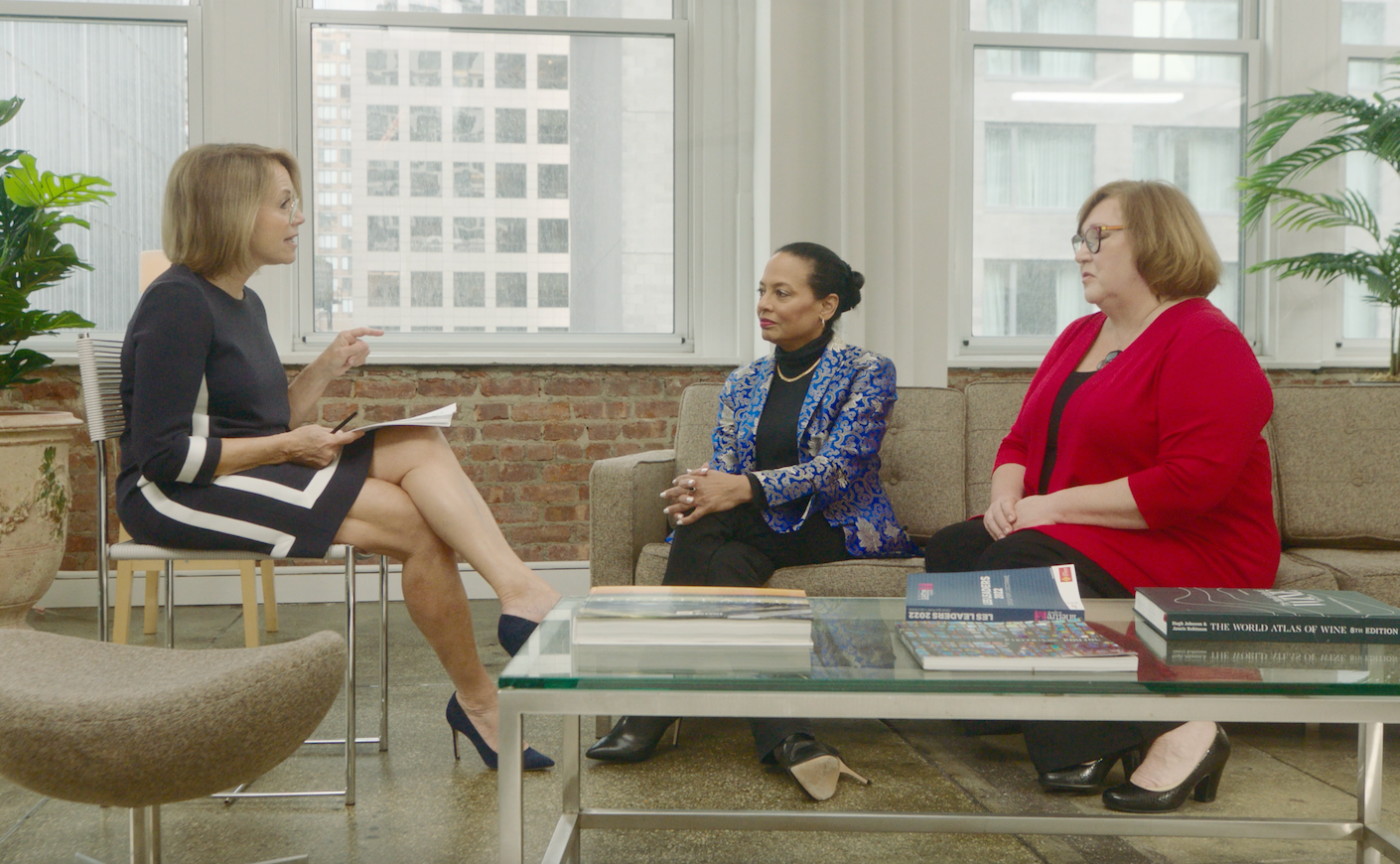The most powerful weapon in fighting cancer? Early detection. That’s where See, Test & Treat comes in: Now in its eleventh year, the program was founded to help women in underserved communities across the country access healthcare screenings — at events targeted to the women they’re serving. In a single-day event staffed by volunteer pathologists, women receive vital testing like pelvic and clinical breast exams. See, Test & Treat also offers women follow-up care and impactful health education — and for women for whom English is a second language, there are interpreters on-hand and translated educational materials to take home. The events, which are held everywhere from NYC’s Bronx borough to Omaha, Nebraska, generally happen on Saturdays so women don’t need to take off work.
“What makes See, Test & Treat different from other [community health programs] is that it takes care to communities, rather than making the community come to where the providers are,” says Linda Goler Blount, the president and CEO of the Black Women’s Health Imperative.
It’s so important for women to see providers who they relate to and can trust, says Dr. Eva Wojcik, President of the College of American Pathologists Foundation and chair of the Department of Pathology at Loyola University Medical Center. “We target specific communities in need — women have the opportunity to talk to physicians who look like them and speak their language.”
For Goler Blount, the benefit of these events in under-resourced communities goes way past the screenings themselves — they allow women to ask questions and express medical concerns to physicians they can trust. “Conversations take place that would never happen in a doctor's office,” she says. “Women get to talk about their lives, and providers listen and offer advice well beyond cancer screenings.”









